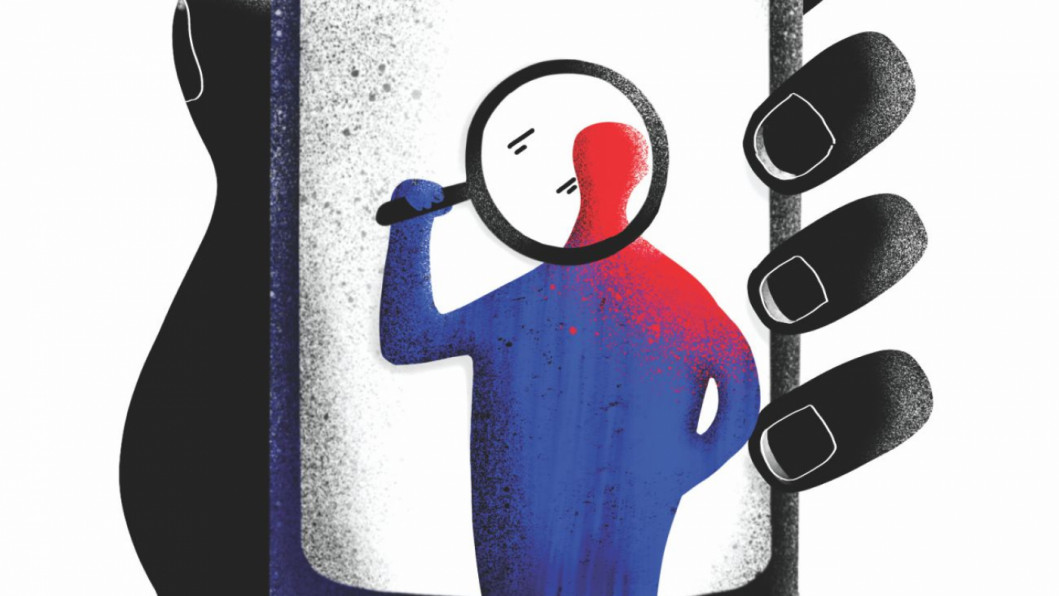Our lives are now controlled by digital technologies that subconsciously influence our judgments and have a bearing on our decisions, freedom, and perception of things. Digital technology has transformed the means through which human rights are both exercised and violated by affecting our freedom of speech and expression, association, right to privacy, and right against harassment, amongst others. The emergence and evolution of ‘digital’ rights have challenged and transformed the more traditional understanding of human rights. Undoubtedly, the digital arena is an indispensable tool for the larger public. However, we often come across information on how digital technologies are increasingly undermining human rights. Data collection, privatization, surveillance, and security are some of the issues that affect our digital rights. But what about the ripple effect caused by our digital rights on our human rights?
Impact of the Digital Realm
When the draft of the Declaration of Human Rights was developed, the world was in the midst of moving from the second to the third industrial revolution, and our idea of human rights was tied to those eras and technologies. Today, it is argued that the world is experiencing the fourth stage of the industrial revolution, which is marked by the internet of things and their merging with humans’ physical lives. All of this leads to a societal transformation similar to previous industrial revolutions, which further warrants a change in the way human rights are perceived and protected. The impact of the digital revolution is so huge that it has created the need to read digital rights into the prevalent human rights. For example, the right to privacy has to include the right to have secure encryption implemented. The right not to be profiled has to include freedom from bulk surveillance and the right to keep one’s personal data protected. The right to personal safety and security ought to include the right to be protected from the leak and abuse of one’s personal data. Therefore, in order to protect human rights in the digital era, there is an urgent need for the re-conceptualization of human rights.
Key Players
Under internationally accepted human rights principles, it is the duty of the Government to act as a protector against violation of human rights while at the same time ensuring that it doesn’t violate the rights themselves. There is a conundrum with regards to the protection and fulfillment of human rights wherein digital ecosystems have started affecting and attempting to regulate human rights despite being non-state actors. Certain non-state entities that act like gatekeepers control the presence and flow of information and wield a lot of power over the public sphere and, therefore, have democratic significance. These non-state actors include organizations that are not controlled, funded, or directed by the Government and still yield a considerable amount of influence economically, politically, and socially. It is thus important to ask whether such entities should have the right to control the actions of the public at large as it impacts the human rights of citizens. In India there is an ongoing debate about the power of social media companies and OTT platforms to restrict and regulate content versus the idea of such platforms being under direct Government oversight.
Redefining the Legal Framework
In terms of laws and policies aimed at guarding the digital rights of people, it is imperative for the Government to strike a balance to ensure that there’s adequate protection to the human rights while ensuring an absence of excessive regulation so as not to hamper the rights of citizens. There’s also an urgent need to take a multi-stakeholder approach to define and protect human rights in the digital era. Access to digital platforms and the internet is a necessity; however, currently, in India, there is no effective law to protect the human rights of people on such platforms. It can be argued that the protection of human rights in the 21st century will rest on policies’ ability to apply enduring human rights principles in the digital context.
The Draft Data Protection Bill, 2018, allowed data regulators to decide whether a breach of data was to be reported or not, along with the processing of personal data without consent of the people in question. The Personal Data Protection Bill, 2019 allows the Government to exempt some of its agencies from some or all the provisions making it even more dangerous in its operability. This raises a huge red flag on how the right to privacy would be guaranteed to all citizens. Given the fact that the digital realm is ubiquitous, the protection of human rights and adherence to the rule of law in the digital sphere is an absolute necessity in today’s age. The principles of the UDHR, where everyone has the right to life, liberty, and security, must now transcend to the virtual realm, and there ought to be a Universal Declaration of Digital Rights to afford better protection to the human rights of citizens.
By Ruchika Mohapatra, Research Associate, Policy, LQF

